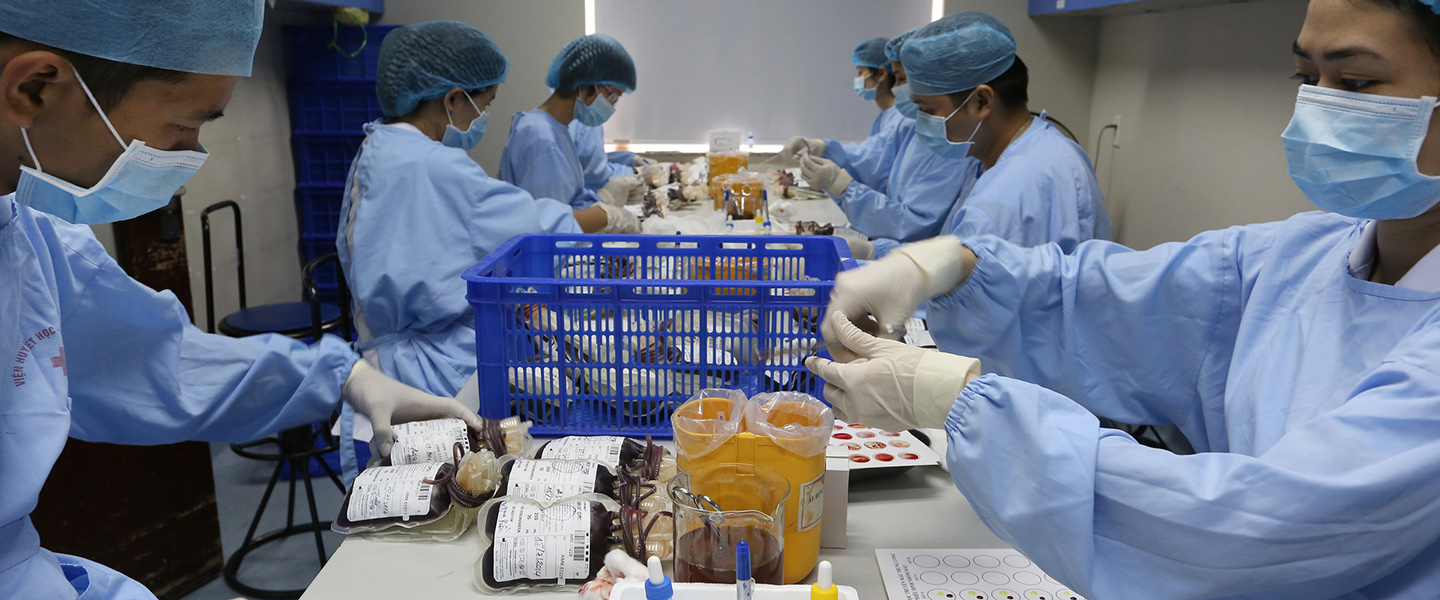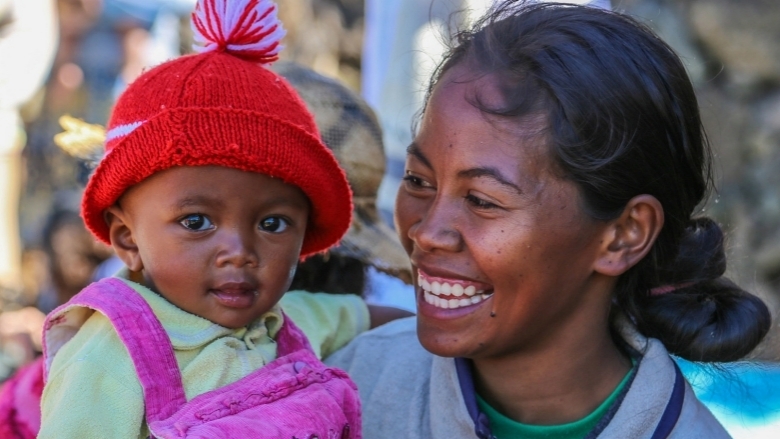Recent years have starkly highlighted the risk of major health emergencies and countries’ lack of preparedness to fight them. Between 2020 and 2023, the COVID-19 pandemic resulted in over 7 million confirmed deaths, an additional 70 million people living in extreme poverty, and well over $10 trillion in estimated economic losses.
The COVID-19 pandemic was particularly devastating, but disease outbreaks are not rare, and the risk of outbreaks is rising. At the same time, a proliferation of bacterial “superbugs” resistant to antimicrobials has emerged due to overuse of antibiotics in humans, animals and food systems and poses a risk to countries at all income levels. Antimicrobial resistance (AMR) has been named one of the top 10 global threats to public health, claiming almost 5 million lives every year. By 2050, AMR could cut the global gross domestic product by 3.8% yearly and push 28 million people into poverty.
Moreover, health emergencies are not just caused by pathogens; they are also brought on by natural disasters, climate-related events, and conflict. For example, between 2000 and 2019, there were more than 7,000 major disaster events claiming more than 1.2 million lives and affecting over 4 billion people. Countries affected by fragility, conflict, and violence (FCV) face an increased risk of disease outbreaks due to overcrowding, poor sanitary conditions, and reduced access to health services.
Many of the key solutions are already known: the risk and impacts of health emergencies can be reduced if countries have the capacities across multiple sectors for prevention, preparedness, and response (HEPPR). Doing so will require increased, flexible, and sustained financing across multiple sectors.
A 2022 WHO/World Bank report to the G20 Finance and Health Task Force estimated that international financing needs to increase by between $10.5 billion to $15 billion per year while noting the need for increased domestic financing. While investment needs are significant, the devastating impacts of health emergencies means that returns are high.
These realities have prompted the expansion of concerted work on all levels. Advances in the global HEPPR architecture include: (i) the launch of the Pandemic Fund in 2022 to support relevant work, particularly in lower- and middle-income countries; (ii) collaboration on improved and equitable access to medical countermeasures (MCMs), such as vaccines, diagnostics, and therapeutics (including the G7/G20-endorsed “100 Days Mission” to accelerate the development of safe and effective products); and (iii) the creation of the One Health Joint Plan of Action to strengthen global collaboration.
The Pandemic Fund
The Pandemic Fund is a multilateral financing mechanism dedicated exclusively to strengthening critical pandemic prevention, preparedness, and response capacities and capabilities of low- and middle-income countries through investments and technical support at the national, regional, and global levels. It provides a dedicated stream of additional, long-term financing for investments in areas such as infectious diseases surveillance, laboratories and diagnostics, and health workforce strengthening.
As of November 2024, the Pandemic Fund had awarded two rounds of grant funding, totaling $885 million, which catalyzed an additional $6 billion in funding from international and domestic partners for 47 projects covering 75 low- and middle-income countries in six geographical regions.
Last Updated: Feb 18, 2025


